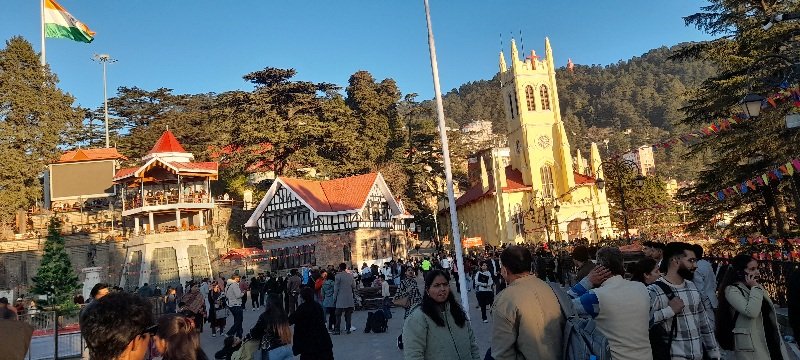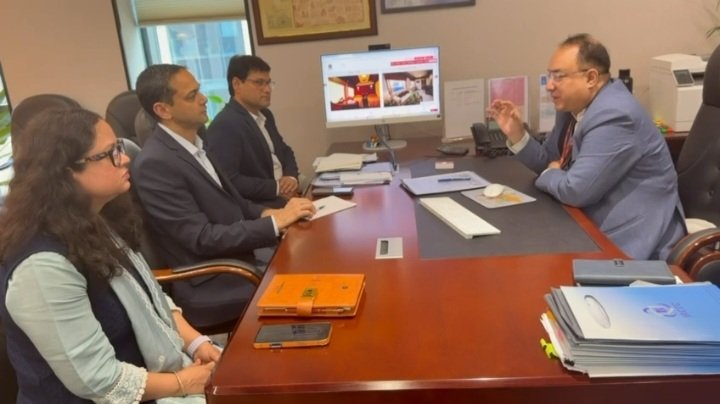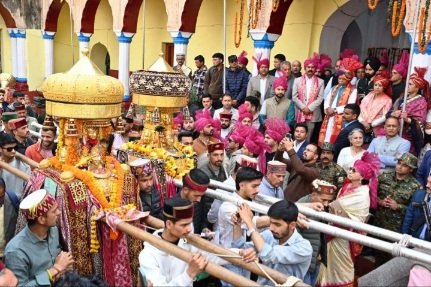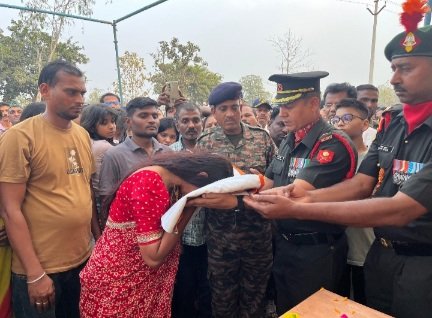But the reaction to the proposed recommendations of the Delimitation panel has come out along the expected lines, with most of the estranged political parties or groups terming the proposals as “unacceptable”.
As many as nine seats are proposed to be allocated for the schedule tribes (STs) and seven seats are reserved for Schedule Caste (SCs) for the first time in the UT after the Centre passed the Jammu and Kashmir Reorganisation Act, 2019, scrapping the Article 370 from J and K. The commission has sought suggestions or comments on these recommendations from all members by December 31, 2021, said, secretary, Delimitation Commission, in a release issued today.
The panel has recommended 90 seats out of which it has proposed six additional seats for the Jammu region and one seat for the Kashmir valley. Earlier there were 83 assembly seats in Jammu and Kashmir.
The panel headed by Justice (retd) Ms. Ranjana Prakash Desai in the presence of Election Commissioner of India, state election Commissioner of union territory of Jammu and Kashmir today met all the five associate members -Dr Farooq Abdullah, MP, Dr. Jitender Singh, Mohammad Akbar Lone, Hasnain Masoodi, MP, Jugal Kishore Sharma, MP.
The panel also had second meeting with all the associate members for the purposes of delimitation of assembly constituencies in the UT of Jammu and Kashmir. The Delimitation Commission had met earlier on February 18, 2020.
Chief election commissioner in his remarks said that the Delimitation Commission is doing its work, keeping the interest of the common people of the UT of Jammu and Kashmir in mind.
He said Reorganisation Act Jammu and Kashmir specifies that all constituencies shall have practicable units, geographically compact areas, physical features, existing boundaries of administrative units, facilities of communication and public conveniences.
All the associated member appreciated the fact that this Commission visited the UT of Jammu and Kashmir and met large number of people and listened to them in person.
Chandra Bhushan Kumar, senior deputy election commissioner gave detailed presentation on the work done. He explained that they have taken all the factors including number of districts, density of population and other factors into consideration before Delimitation Commission categorised all 20 districts in three broad categories of A, B, C, giving margin of plus or minus 10% of average population per assembly constituency before they proposed allocation of the constituencies.
The Commission shared paper-one describing the proposed seat allocation at the level of districts with all the members with the request to furnish views and suggestions by December 31st 2021, said KN Bhar, secretary, Delimitation Commission.
Reacting to the Panel’s proposal, PDF leader Mehbooba Mufti and NC leader Omar Abdullah are quoted as allegedly saying, “Delimitation commission’s recommendation are guided by BJP’s political agenda” on social media.
J and K People Conference Chief Saajad Lone has reacted as saying that the “recommendations of commission are unacceptable as they reek of bias”.
The netizens from Jammu and Kashmir have reacted with a welcome response, saying that at least some attempt has been made to do justice for the “underprivileged and forgotten people and the remote backward areas to have their say in the democracy”.
The activists of Kashmir resistance movement is doing rounds on the social media, which has instead come out with a poster, “stop BJP, stop RSS”.
(Kuldeep Chauhan is Editor, HimbuMail)








